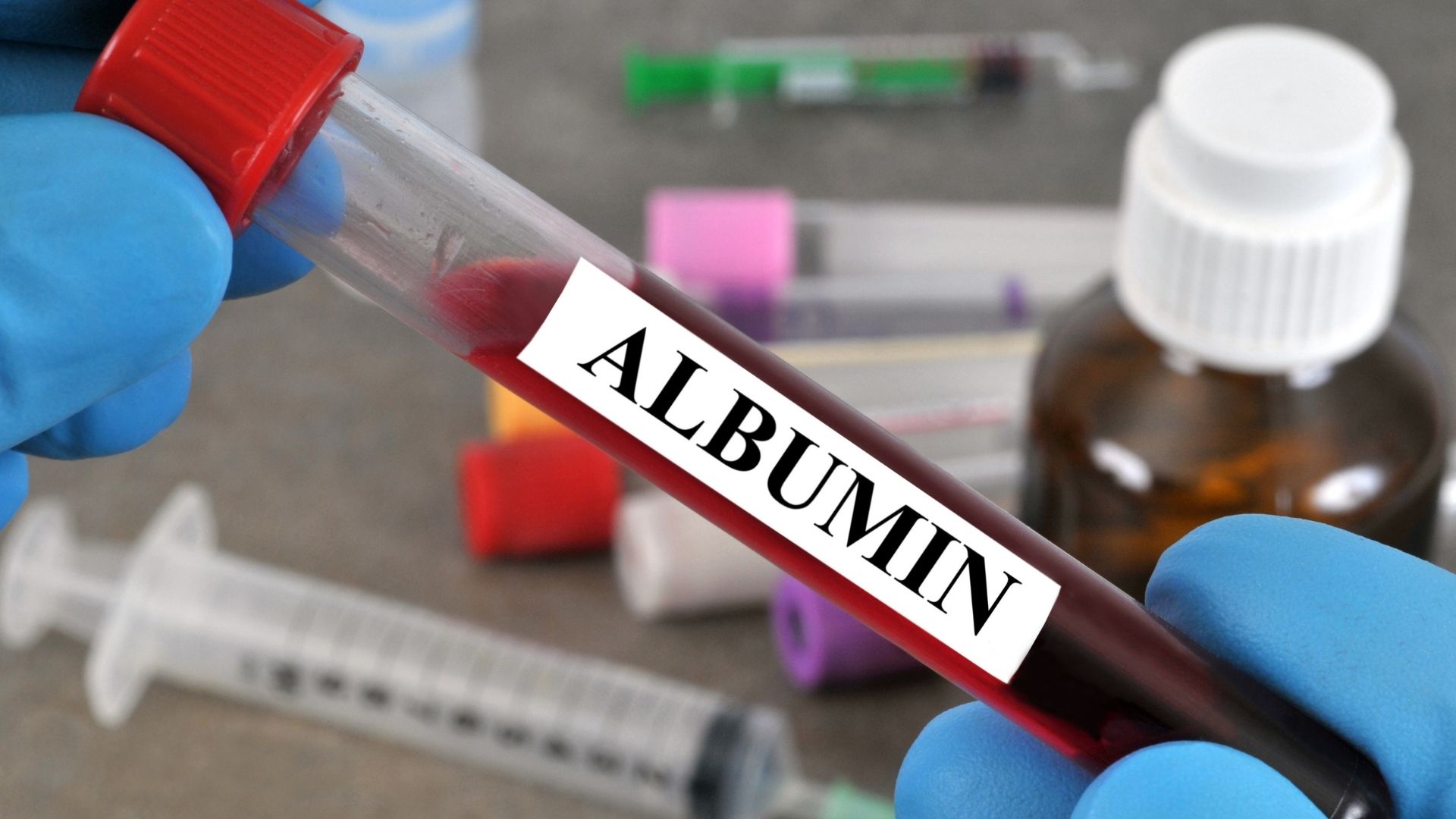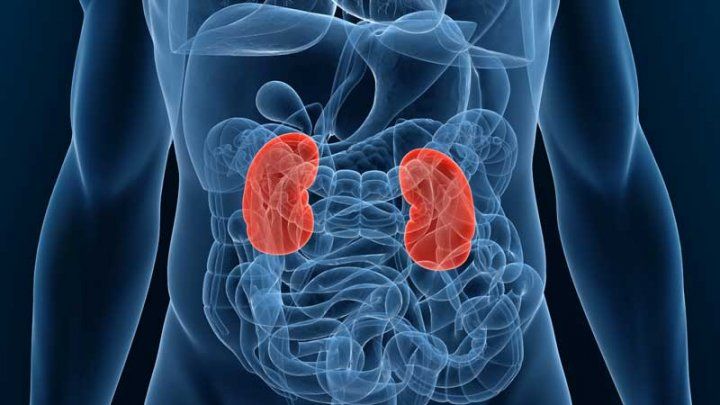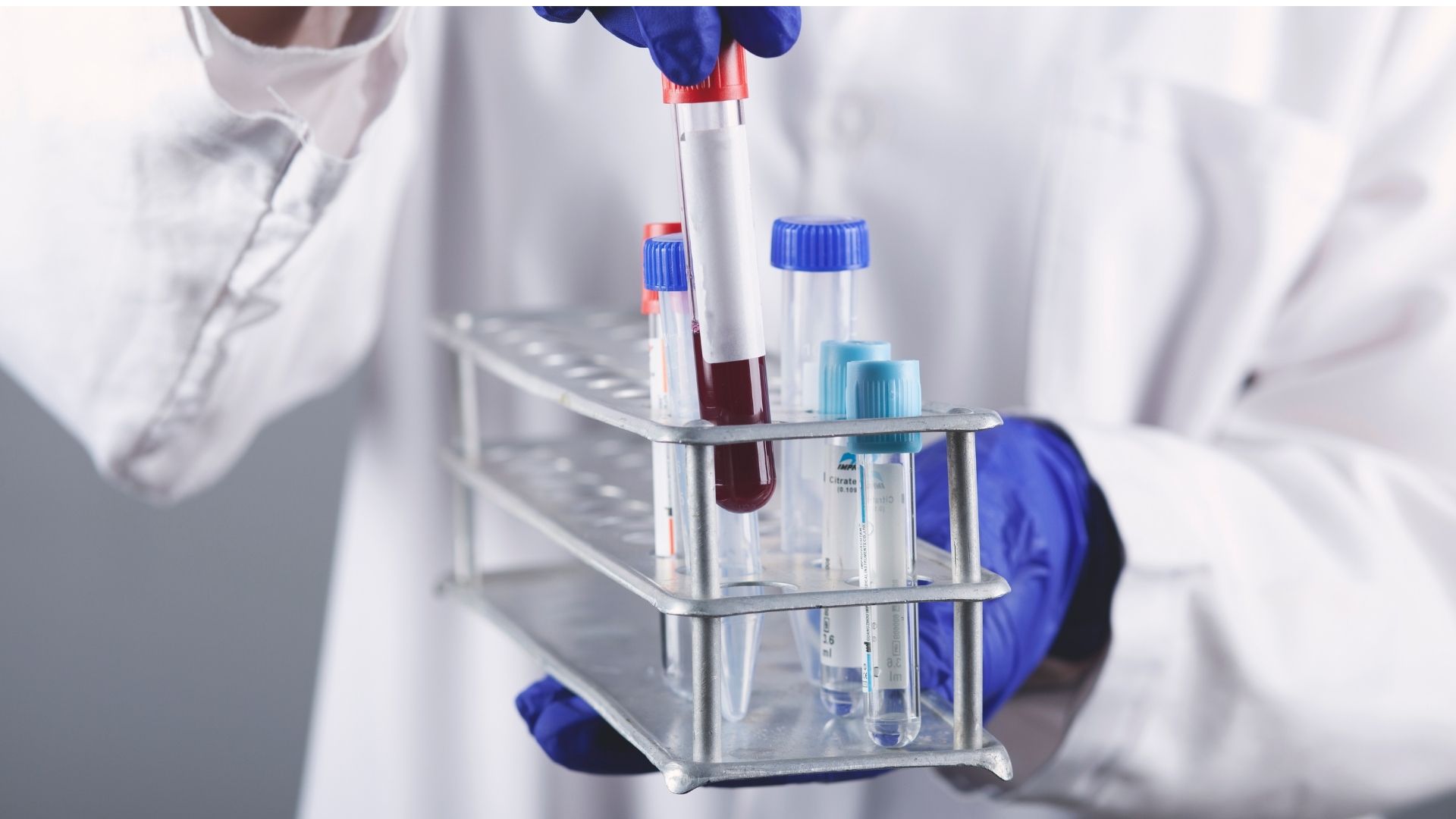Microalbumin urine is a condition that many people experience and may not even know they have. If you are concerned about your microalbumin levels but don’t want to do the testing yourself, there are several options for finding out if it’s an issue for you! This article will provide insight into microalbumin and what it means to be microalbumin-urine positive.
Contents
What is Albumin

Albumin is a protein in the blood that helps keep fluid from leaking out of your blood vessels. When microalbuminuria occurs, it means that the kidneys are releasing small amounts of albumin into your urine when they should reabsorb back into your body.
Your kidneys clean your blood and retain the good components, such as albumin. Proteins can leak out of your kidneys and leave your body in your urine after kidney damage occurs. Albumin (al-BYOO-min) is one of the first proteins to escape when kidneys are hurt.
Albumin leaks into your urine if your kidneys aren’t operating properly.
What is a Microalbumin Urine Test?
A microalbumin urine test is a simple and accurate way to detect microalbuminuria, which may indicate the presence of kidney damage. Microalbuminuria is typically detected by measuring micro-protein in your urine called microalbumin or urea nitrogen. This will determine if there are any early-stage signs of renal disease such as nephrotic syndrome or diabetic nephropathy. Microalbuminuria is a sign that the kidneys are not able to filter your blood properly, which may be an indication of kidney disease.
Who Should Get a Microalbumin Urine Test?
A urine microalbumin test may be in use to look for early indicators of kidney damage. Treatment might help prevent or delay more severe kidney disease.
Your kidneys filter your blood. They keep the essential elements of your body and send the trash out through your urine.
The frequency of microalbumin testing is determined by any underlying conditions and your risk of kidney damage. For example:
According to Blood Type World, if you have type 1 diabetes, your doctor may suggest a microalbumin test once a year beginning five years after your diagnosis.
The results of this test are in use to diagnose type 2 diabetes. If you have type 2 diabetes, your doctor may recommend a microalbumin test once a year beginning as soon after your diagnosis as possible.
High blood pressure. If you have high blood pressure, your doctor may recommend microalbumin testing more frequently. Discuss with your doctor how often to repeat this test.
If you have a high urinary microalbumin level, your doctor may prescribe therapy and require more frequent testing.
Risk Factors of Microalbumin Test
If you suffer from any of the following symptoms, you may need to get a result of your test :
Heart or kidney disease risk factors include being 65 or older.
Be more susceptible to kidney disease, owing to your race or ethnicity, including African Americans, Asians, Hispanics, and American Indians
Have any family members have or had kidney disease
If you’re not sure when to start testing or how often you’ll need it, consult with your doctor.
Diabetes and Kidney Disease

Diabetes is the No. 1 cause of kidney failure (and the leading cause of microalbumin in the urine) in the United States. When you have diabetes, the level of sugar (or “glucose”) in your blood is too high.
The extra sugar harms your kidneys’ small blood vessels over time. It makes it more difficult for them to clean your blood. Diabetes can also harm your nerves, which may result in kidney damage.
How You Prepare for the Microalbumin Test
The microalbumin test is a urine test that doesn’t require any preparation. You don’t have to avoid food or drink before the exam. The quantity of urine your doctor will examine may range from a random sample to 24 hours’ worth, depending on your doctor’s needs.
Check with your doctor about the procedure and timing of when your doctor will take the urine sample before your exam. Some doctors may want a sample taken early in the morning for spot urine tests for albumin-to-creatinine ratio testing. If you’re having a repeat test, they may try to schedule it for around the same time as your previous test.
Extreme exercise might cause an increase in albumin temporarily, so check with your doctor about whether you should limit hard exercise the day before the test.
Be sure to pick up special urine test processing containers before beginning your study. Make certain you thoroughly understand the test instructions and raise any concerns you have with your doctor or nurse so that you are confident in your sample’s preparation.
What You Can Expect in the Microalbumin Test
Simply collect a fresh urine sample during the microalbumin test. This might be possible in a variety of ways:
- Your doctor may order a 24-hour urine sample. During 24 hours, your doctor may request that you collect all of your urine in a special container and submit it for analysis.
- A timed urine sample is in need. Your doctor may request a urine sample first thing in the morning or after four hours without urinating.
- A random urine test is performed. A random urine test may be done at any time. However, to enhance the accuracy of the results, it’s frequently in use with a creatinine urine test — a waste product that is mostly filtered by the kidneys.
The urine sample is taken to a laboratory for analysis. You may resume your normal activities once you give the specimen.
The results of a urine dipstick test are available in a few minutes, but the test does not provide accurate albumin levels. During the same visit, your doctor may usually discuss the findings with you.
The albumin-to-creatinine ratio is generally determined by a laboratory and results are provided within a few business days if you take a spot urine test. Although uncommon, your physician’s office may have a gadget that allows for the detection of albumin levels without sending your sample to a lab in some situations.
The overall albumin level will be after the lab receives your 24-hour urine sample, and results should be available within a few business days.
You may obtain a copy of the lab report for urine albumin tests by mail or through an internet health portal if you have one. Your doctor might also contact or email you to discuss your test results.
Interpreting Test Results
The interpretation of your results can depend on the type of urine albumin test that you take as well as your overall health situation and the reason that the test was in prescription.
If you have a urine dipstick test, the test strip will change color after a few minutes in touch with your urine. The doctor or nurse can check whether the test screens high levels of albumin-based on the shade of the solution.
For an albumin-to-creatinine ratio test, your result will usually be in milligrams of albumin per gram of creatinine (mg/g). The total grams of albumin in the complete day’s sample will be on display for a 24-hour urine specimen (g/day or g/24 hours).
Results of Microalbumin Urine Test

The microalbumin test measures the amount of protein leaking into the urine over 24 hours in milligrams (mg).
- Less than 30 mg is normal
- Thirty to 300 mg may indicate early kidney disease (microalbuminuria)
- More than 300 mg indicates more advanced kidney disease (macroalbuminuria)
Discuss your analysis with your doctor and discover what it implies for your health. If your urinary microalbumin level is greater than usual, your doctor may advise you to retake the test.
Urine microalbumin levels can be higher than expected for a variety of reasons, including:
- Blood in your urine (hematuria)
- Certain medications
- Fever
- Recent vigorous exercise
- Urinary tract infection
- Other kidney diseases
Follow Up Tests
If a urine albumin test comes back abnormal, additional examinations will take place. It’s typical to have further tests if your urine albumin result is abnormal. Your doctor may consult a repeat examination to check your urine albumin levels again. If the first urine dipstick test was performed, your doctor may suggest an albumin-to-creatinine ratio test to confirm microalbuminuria.
You’ll most likely repeat it a few times in the next three to six months. If two of the three tests are positive, you have an excellent chance of having early kidney disease. Higher than usual readings may indicate more serious issues.
The examination aims to determine if there are any signs that your heart is in danger. Your doctor will assist you in determining the significance of the findings and what measures you may take.
Conclusion
The microalbumin urine test is in use to detect the presence of albumin in a person’s urine, which can indicate kidney disease or other health conditions that affect the kidneys. Albumin is one of the major proteins found in blood plasma and it helps to regulate fluid levels within cells as well as maintain a healthy metabolism. When someone has excess amounts of this protein in their body, they may experience symptoms such as excessive thirst, frequent urination, weight loss, anemia (low red blood cell count), nausea/vomiting, cramping muscles around joints due to dehydration from high water consumption and increased susceptibility for infections.
Do you want to get rid of diabetes? Join our online diabetes consultation program and reverse your Diabetes naturally through lifestyle changes such as a Personalized Diet plan, Exercise, dieticians, and health coaches.


